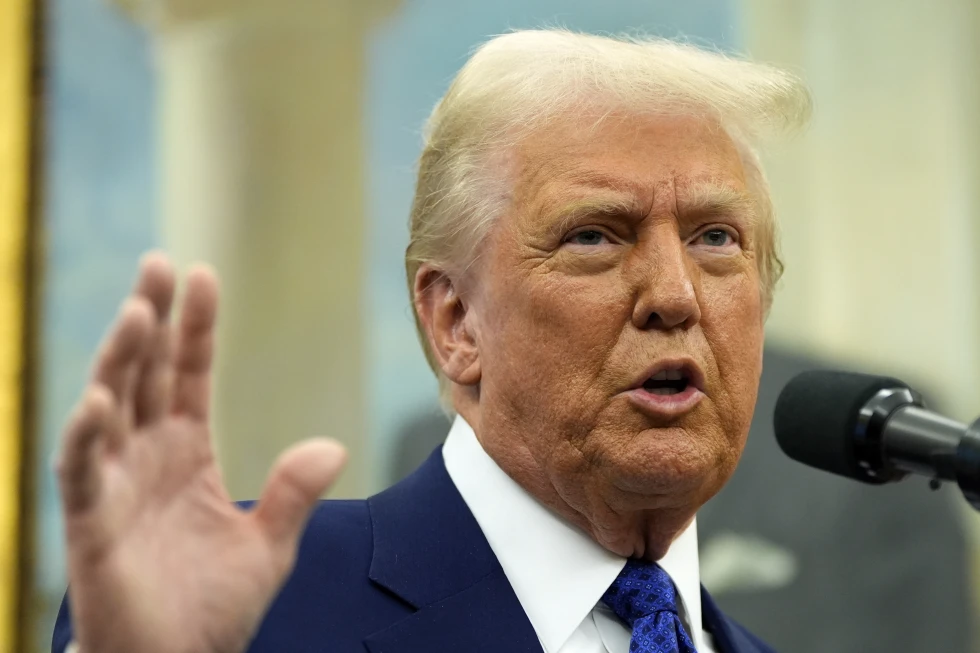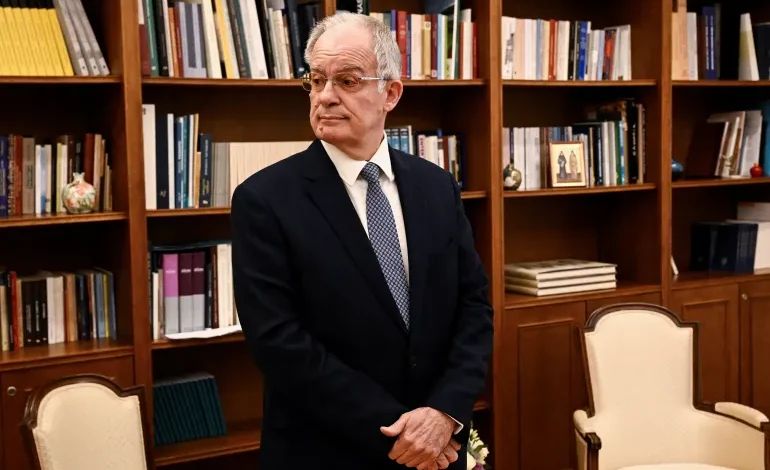The Hellenic Parliament has elected Constantine Tassoulas as the new president of Greece, despite ongoing protests demanding justice for the victims of a deadly train crash that occurred in early 2023, Al Jazeera reports.
Tassoulas, a prominent ally of Prime Minister Kyriakos Mitsotakis, received support from 160 lawmakers in Wednesday’s vote, succeeding Katerina Sakellaropoulou, Greece’s first female president, whose five-year term concludes in March.
Mitsotakis praised Tassoulas’ robust political experience, widespread acceptance, and “unifying spirit” as reasons for his nomination. However, the decision has been met with significant backlash from protesters outside the parliament building. Critics argue that under Tassoulas’s leadership as parliamentary speaker, lawmakers failed to pursue accountability for the catastrophic rail accident that resulted in the deaths of 57 individuals.
The tragic incident occurred in February 2023 when a freight train collided with a passenger train filled with students near Larissa, leading to widespread outrage and demonstrations across the country. Many citizens have attributed the disaster to longstanding safety deficiencies within Greece’s railway system and have demanded punishment for those deemed responsible. Two years on, an ongoing judicial investigation searches for accountability, although only parliament has the authority to investigate politicians under Greek law.
A report commissioned by the victims’ families revealed that the train crash culminated in a significant fireball, yet the precise cause remains undetermined. While experts have ruled out theories implicating electricity cables or oils onboard the passenger train as contributory factors to the fire, questions are being raised regarding the cargo of the freight train.
Despite ongoing scrutiny and criticism, the centre-right government led by Mitsotakis, which was re-elected after the train crash, has denied any wrongdoing. Opposition parties from the centre-left and left-wing factions proposed alternative candidates for the presidency and did not support Tassoulas, who has been a political figure since 2000, previously serving as Greece’s culture minister and deputy defense minister.
In accepting his nomination last month, Tassoulas described the role as a “paramount honor and responsibility,” pledging to lead the country in this new chapter, even amidst the persistent calls for justice from the public.








